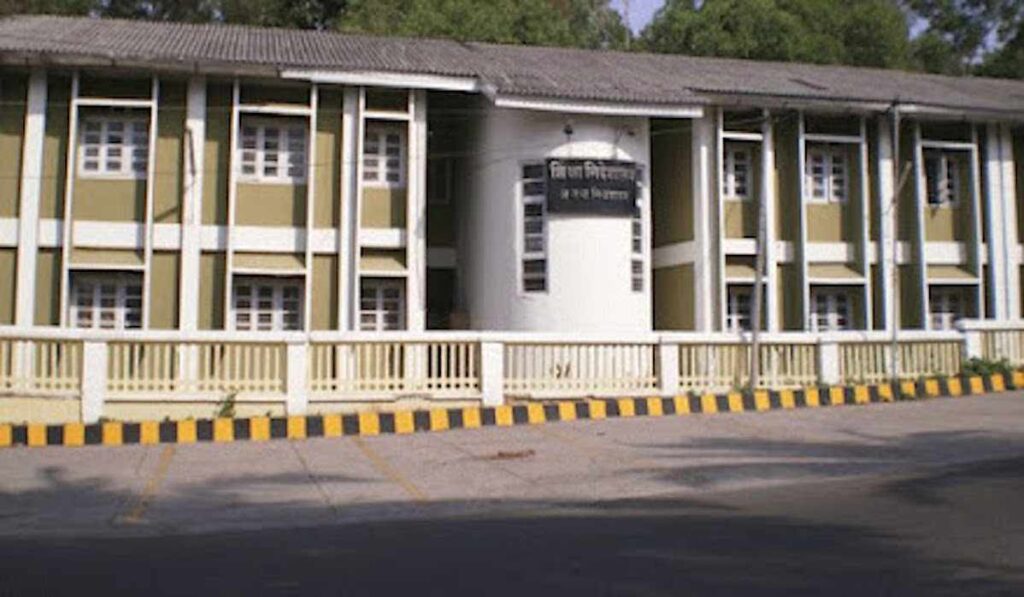Tarun Karthick
Port Blair, 08 September 2023
In a concerning development, more than 700 teaching and non-teaching staff members employed in educational institutions spanning from Diglipur in North Andaman to Great Nicobar in the Nicobar District, working under the ambit of the Samagra Shiksha Abhiyaan, have not received their salaries for the past three months.
The last remuneration these employees received was for the month of May 2023, with payments for June, July, and August still pending. This delay has plunged many of them into financial distress.
The Samagra Shiksha Abhiyaan is a comprehensive scheme for school education that encompasses pre-school through class XII. Aligned with the Sustainable Development Goal for Education (SDG-4) and the recommendations of the National Education Policy (NEP) 2020, the scheme aims to provide quality education, ensure the implementation of the Right of Children to Free and Compulsory Education Act, 2009, and create inclusive and equitable classroom environments for students from diverse backgrounds.
While employees affected by this delay have refrained from making public comments, several have approached the Nicobar Times, requesting the media’s intervention in addressing their financial hardships, which are intensifying daily.
Numerous staff members have revealed that their inability to settle bills and meet financial obligations has caused them significant embarrassment and hardship. They are now appealing to the department to expedite the release of their pending salaries and to ensure that salaries are disbursed punctually in the future.
The predicament of these teaching and non-teaching staff members highlights the urgent need for resolution to ensure their financial well-being and to uphold the objectives of the Samagra Shiksha Abhiyaan. As this issue gains attention, the affected employees remain hopeful for swift action to alleviate their financial woes and ensure the uninterrupted provision of quality education in the region.

